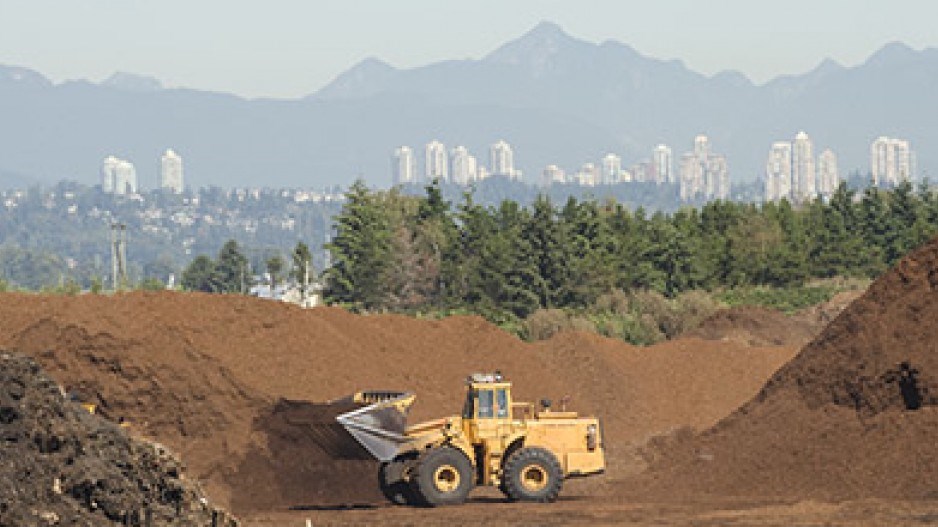Two local examples of sustainable urban infrastructure have been named to KPMG's Infrastructure 100: World Cities Edition. The University of British Columbia's (UBC) Bioenergy Research and Demonstration Facility in Vancouver and Harvest Power's Energy Garden in Richmond were chosen as two of the 100 most innovative and inspiring projects urban infrastructure projects in the world.
Being recognized in the urban energy category, UBC's clean energy project will be the world's first biomass-fuelled heat-and-power generation system operating on a scale suitable for communities.
Harvest's Energy Garden is Canada's first high-efficiency system for producing renewable energy from food scraps and yard trimmings, the project will divert up to 27,000 tonnes of food scraps and yard trimmings per year from landfills and generate energy for up to 700 homes in the Lower Mainland area. The Richmond project was honoured in the recycling and waste management category.
Brad Watson, partner and head of KPMG's global infrastructure advisory practice in Canada, said, "A focus on innovative infrastructure solutions that drive economic renewal, create jobs and deliver tangible long-term impact is critical when balancing the needs of the population, the economy and the environment.
"Cities across Canada are refreshing and expanding post-war infrastructure to meet the evolving needs of Canada's urban populations."
Profiles of these projects are featured in the second edition of Infrastructure 100: World Cities Edition, which was recently released at the World Cities Summit in Singapore. This edition provides insight into the infrastructure projects that make great cities, with a particular focus on the innovations that make them "Cities of the Future" – places where people want to live and do business.
The projects showcased in Infrastructure 100 were selected by independent judging panels of industry experts from five regions of the world, including Asia Pacific, North America, Latin America, Europe and the Middle East and Africa.
Projects are sorted into 10 categories: urban mobility; global connectivity; urban regeneration; education; health care; water; new and extended cities; recycling and waste management; urban energy infrastructure; and communications infrastructure.




